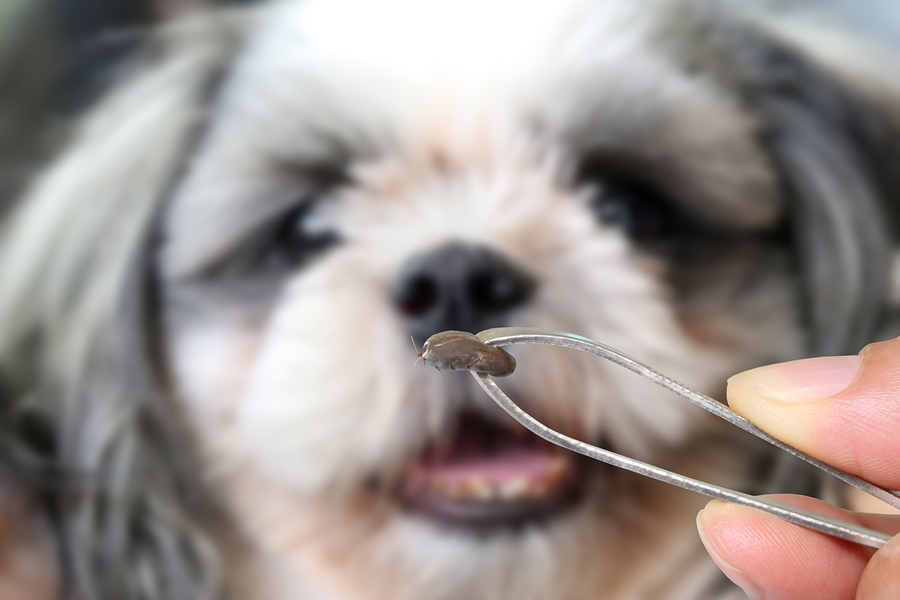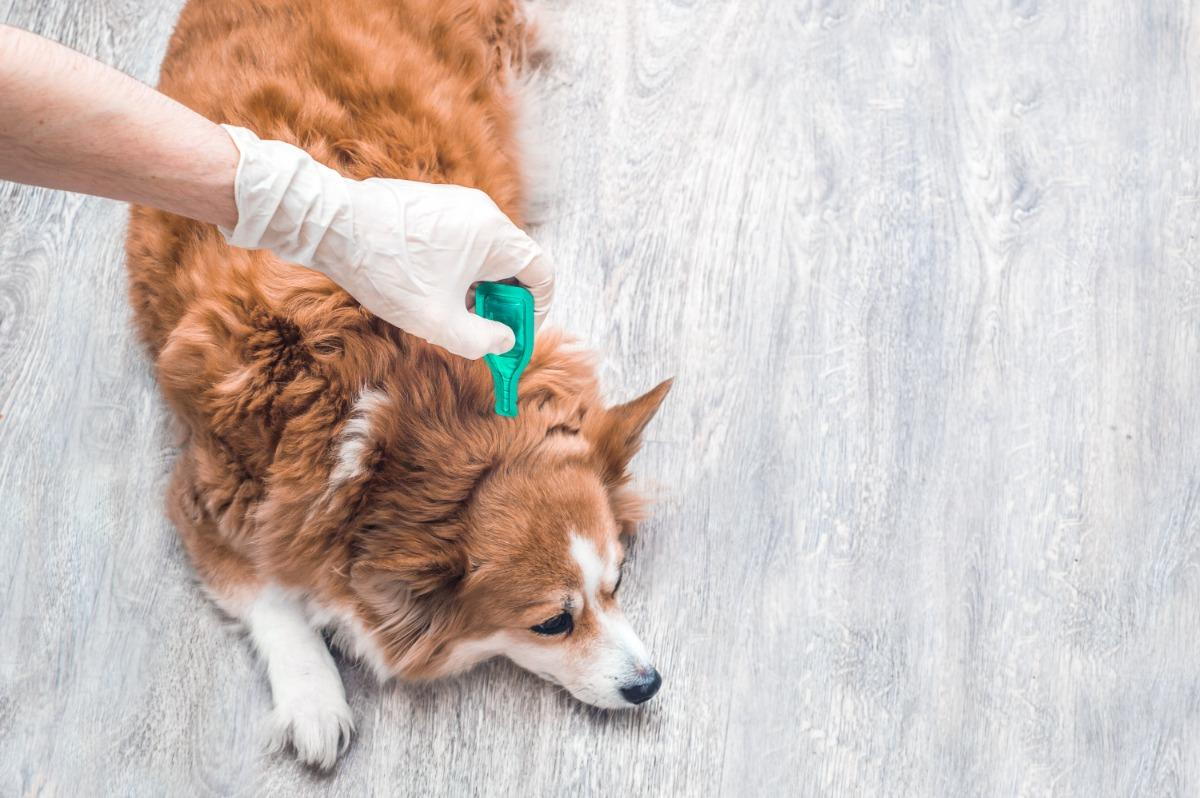The rainy season can be a relief from the summer heat, but it also brings challenges for pet owners, particularly when it comes to flea and tick prevention. These pesky parasites thrive in warm and humid conditions, making the rainy season their prime time. Keeping your furry friends safe requires a combination of vigilance, proper grooming, and the right products. Here’s how you can effectively prevent fleas and ticks during the rainy season.

Understanding the Threat
Fleas and ticks are not just annoying; they can cause serious health issues for your pets, including allergic reactions, skin infections, and diseases such as Lyme disease and Rocky Mountain spotted fever. During the rainy season, the increased moisture and warmth create an ideal environment for these parasites to multiply.Regular Grooming

- Frequent Baths: Use a flea and tick shampoo to bathe your pets regularly. This not only kills existing fleas and ticks but also removes dirt and debris where these parasites can hide.
- Brushing: Daily brushing helps to remove fleas and ticks from your pet’s fur. Use a fine-toothed flea comb for best results, paying special attention to areas where fleas and ticks are commonly found, such as around the neck, behind the ears, and under the legs.
Home Environment
- Clean Living Spaces: Regularly clean your pet’s bedding, vacuum carpets, and upholstery to remove flea eggs and larvae. Wash pet bedding in hot water and dry on a high setting to kill any remaining parasites.
- Yard Maintenance: Keep your yard tidy by mowing the lawn, trimming bushes, and removing leaf litter where fleas and ticks can hide. Consider using pet-safe insecticides to treat outdoor areas.
Preventative Products

- Topical Treatments: Apply monthly flea and tick preventatives to your pet’s skin. These treatments are absorbed into the skin and kill parasites on contact.
- Oral Medications: Oral flea and tick medications are an effective alternative to topical treatments. These are usually given once a month and work by making your pet’s blood toxic to fleas and ticks.
- Collars: Flea and tick collars provide long-lasting protection and are easy to use. Ensure the collar fits snugly but is not too tight.
Natural Remedies
- Essential Oils: Some essential oils, such as lavender, peppermint, and eucalyptus, have flea and tick repellent properties. Dilute these oils with water and spray them onto your pet’s fur or use in a diffuser in your home.
- Diatomaceous Earth: This natural powder can be sprinkled on carpets, pet bedding, and outdoor areas to kill fleas and ticks by dehydrating them.
Veterinary Guidance

- Regular Check-ups: Schedule regular veterinary check-ups to ensure your pet is healthy and free of parasites. Your vet can recommend the best preventative products and treatments tailored to your pet’s needs.
- Prompt Treatment: If you notice any signs of flea or tick infestation, such as excessive scratching, biting, or visible parasites, seek veterinary care immediately. Early treatment can prevent more serious health issues.
Travel Precautions

- Pre-Trip Treatments: If you’re traveling with your pet, ensure they are up-to-date with flea and tick preventatives before you leave. This is especially important if you’re going to areas known for high parasite activity.
- Check Your Pet: After returning from outdoor trips, thoroughly check your pet for any hitchhiking fleas or ticks. Remove any ticks promptly using tweezers and keep an eye on the bite area for signs of infection.
Conclusion
Preventing fleas and ticks during the rainy season requires a proactive approach. By combining regular grooming, maintaining a clean home environment, using preventative products, and seeking veterinary advice, you can protect your pets from these harmful parasites. Stay vigilant and make flea and tick prevention a part of your regular pet care routine to ensure your furry friends stay happy and healthy all year round.


